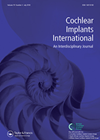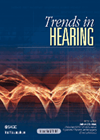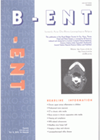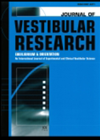
Journal Reviews
Hearing preservation and device benefit following implantation of short or hybrid electrodes
Hybrid or short electrodes have increasingly been used in the literature in order to combine electrical with hearing-aid stimulation. However, hearing preservation of the residual low-frequencies are of utmost importance in this attempt. The present study compared hearing preservation and...
Hearing loss in the young and self-esteem
How can those involved in the care of children with hearing loss identify those at risk of low self-esteem? This study provides some guidance. Overall differences from hearing peers in terms of communication skills, physical appearance and social maturity place...
Cochlear implantation in Ménière’s disease
This was a Belgian retrospective study of seven patients with Ménière’s disease who underwent cochlear implantation. All patients had bilateral severe to profound hearing loss and all met AAO-HNS criteria for Ménière’s disease. Follow-up for patients ranged from six months...
Is auditory neuropathy spectrum disorder a disorder of the whole eighth cranial nerve?
Auditory neuropathy spectrum disorder (ANSD) is now well recognised in audiological circles. Vestibular nerve function has not been extensively studied in ANSD. The authors used cervical vestibular evoked myogenic potential (cVEMP) and caloric tests to assess the integrity of the...









